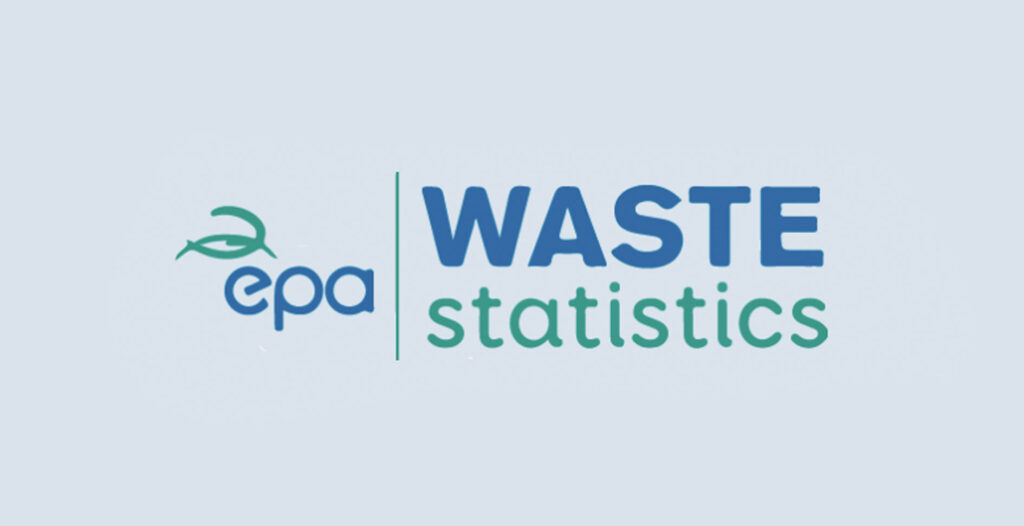CTC (in partnership with RPS Group) has been commissioned by the Environmental Protection Agency to carry out a review and update of the methodologies used for the characterisation of municipal waste (household and non-household) in Ireland.
This project assessed the current methodologies in place, to ensure that they are up to date and reflect best practice. These will be then used to carry out future waste characterisation studies as required by EU Legislation. Ultimately the information in the report will assist the EPA to generate accurate data on municipal solid waste for future National Waste Reports.
This work follows on from previous CTC studies over the years, including Characterisation of non-household municipal waste in Ireland and the development of an approach to tracking municipal waste composition (2000 ERTDI study); Procedure for the Identification of the Hazardous Components of Waste (2000 ERDTI study); Municipal waste characterisation survey (2004); National Characterisation of the Municipal Waste Streams in Ireland (2008, with RPS).

